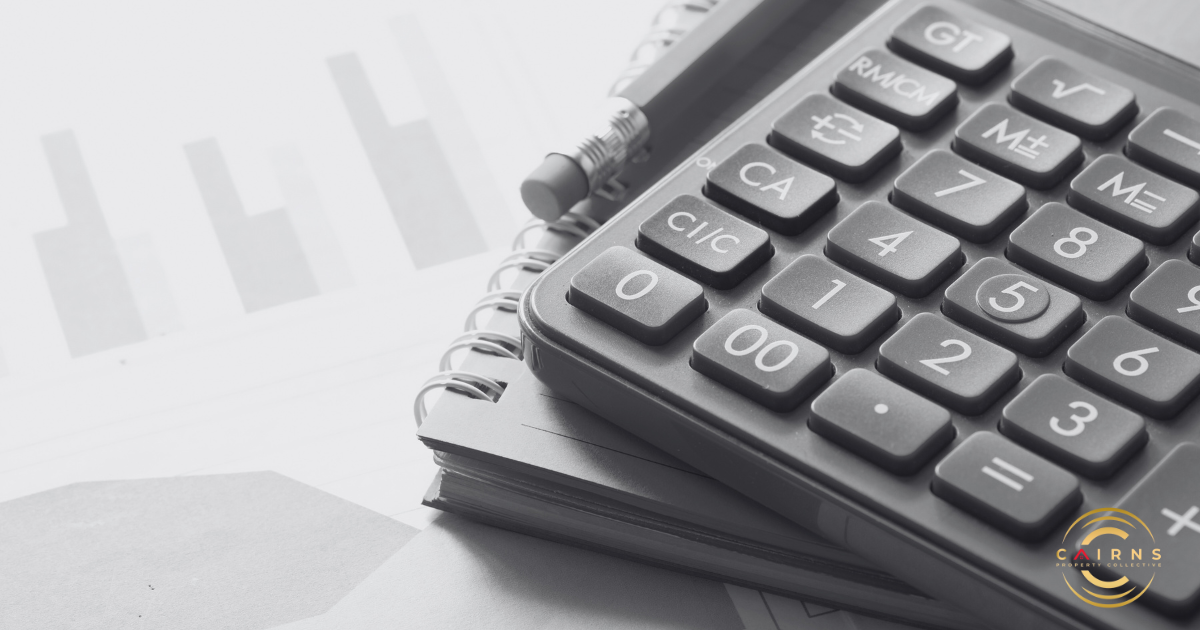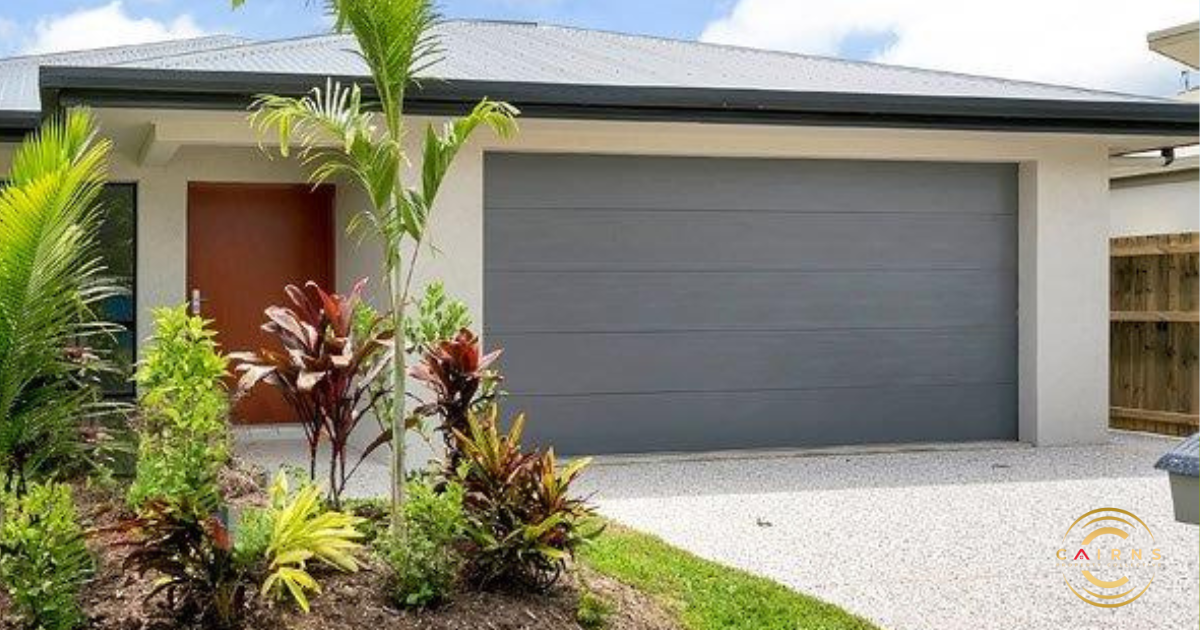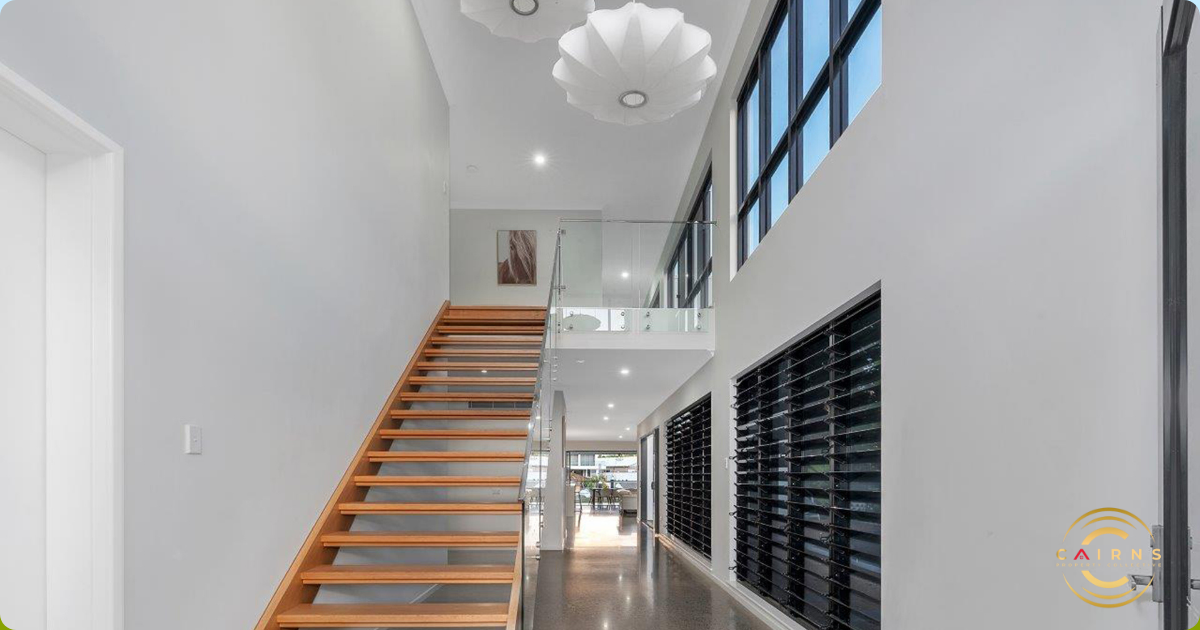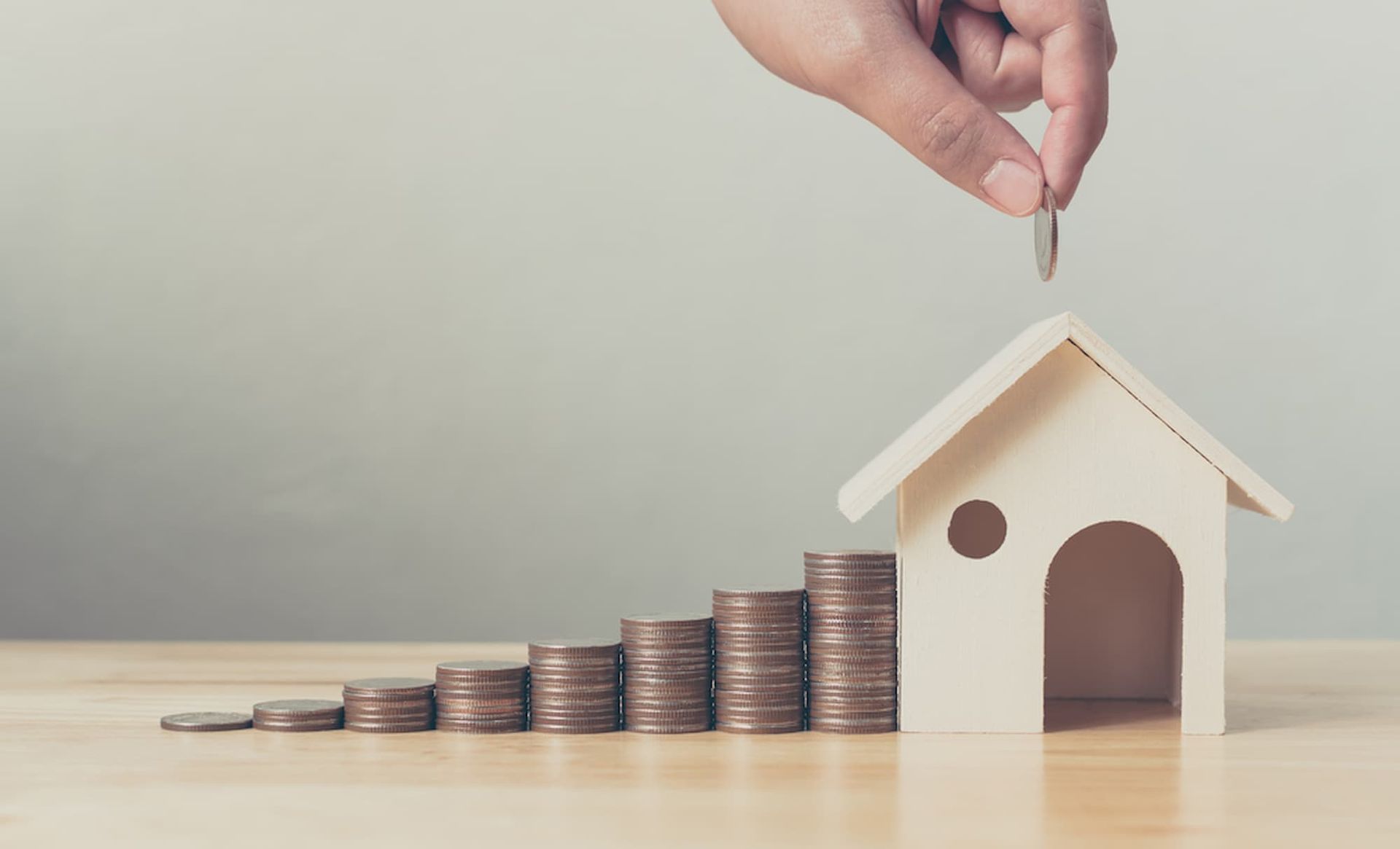March 25, 2025
Investing in property in Cairns offers lucrative opportunities, but to truly maximise returns, investors must leverage tax benefits effectively. Understanding how to optimise investment property tax returns can help reduce tax liabilities and improve overall profitability. Here is what Cairns property investors should know for 2025. Understanding Depreciation Schedules One of the most powerful tools available to property investors is a depreciation schedule. This allows you to claim deductions on the wear and tear of your investment property over time. What is Depreciation? Depreciation refers to the gradual loss of value in a property’s structure and assets. The Australian Taxation Office (ATO) allows investors to claim depreciation deductions under two categories: Capital Works Deductions (Division 43) – This covers the structural elements of the property, including walls, floors, roofs, and built-in items such as kitchen cabinetry. Properties built after 16 September 1987 are eligible for deductions at 2.5% per year for up to 40 years. Plant and Equipment Depreciation (Division 40) – This includes removable assets such as carpets, blinds, air conditioning units, and appliances. These assets decline in value at different rates based on ATO schedules. Why Investors Should Get a Professional Depreciation Schedule A qualified quantity surveyor can prepare a tax depreciation report, ensuring you claim the maximum allowable deductions. Even older properties may have eligible capital works or assets that qualify for depreciation, so it is worth investigating. Rental Property Deductions You Should Be Claiming When lodging your investment property tax returns, it is crucial to ensure you are claiming all eligible deductions. The ATO outlines key deductions for rental properties, including: Loan Interest – Interest on a mortgage for your investment property is fully tax-deductible. Property Management Fees – Costs associated with professional management are deductible. Council Rates & Land Tax – These ongoing costs can be included in your tax return. Repairs & Maintenance – Immediate deductions apply for necessary repairs, such as fixing a leaking roof or replacing a broken appliance. However, improvements (e.g., installing a new kitchen) must be depreciated over time. Insurance Premiums – Landlord insurance and building insurance are fully deductible. Advertising Costs – Expenses incurred in finding new tenants are deductible. Travel Expenses (Limited) – While restrictions apply, property owners can still claim some travel-related costs for property management under specific circumstances. Tax Strategies for Cairns Property Investors To make the most of your investment property tax returns, consider these key tax strategies: 1. Negative Gearing vs. Positive Gearing Negative Gearing – When the rental income is less than expenses (including loan interest and maintenance), the loss can be deducted from your other taxable income, reducing your overall tax bill. Positive Gearing – If rental income exceeds expenses, you will need to pay tax on the profit. However, this strategy provides extra cash flow and can still be tax-efficient with the right deductions in place. 2. Prepaying Expenses If you expect a higher income in the current financial year, prepaying interest, insurance, or property expenses before 30 June can help reduce taxable income for that year. 3. Capital Gains Tax (CGT) Exemptions & Discounts If you sell your investment property, Capital Gains Tax (CGT) applies to any profit made. However, investors who hold the property for more than 12 months may be eligible for a 50% CGT discount. Keeping detailed records of purchase costs, improvements, and selling expenses can help reduce CGT liabilities. 4. Using a Trust or SMSF for Property Investment Some investors structure property ownership under a trust or self-managed super fund (SMSF) to optimise tax benefits. This approach requires professional advice to ensure compliance with ATO regulations. Keeping Accurate Records The ATO emphasises the importance of record-keeping for investment properties. As highlighted in their guidelines: “ Keeping proof of all your income, expenses, and effort to rent out your property means you can claim everything you are entitled to. ” Key Records to Maintain: Purchase and sale contracts Loan and finance documents Rental income statements Receipts for expenses and repairs Depreciation reports Property management agreements Maximising tax benefits is important for Cairns property investors looking to enhance their returns in 2025. A well-structured investment property tax return can lead to significant tax savings when approached strategically. To make sure that you get optimal returns, seek guidance from a qualified accountant or tax professional with expertise in both the Cairns property market and Australian tax regulations. Disclaimer: This blog provides general information only and should not be considered financial or tax advice. Always seek professional guidance tailored to your specific situation before making investment decisions.


















